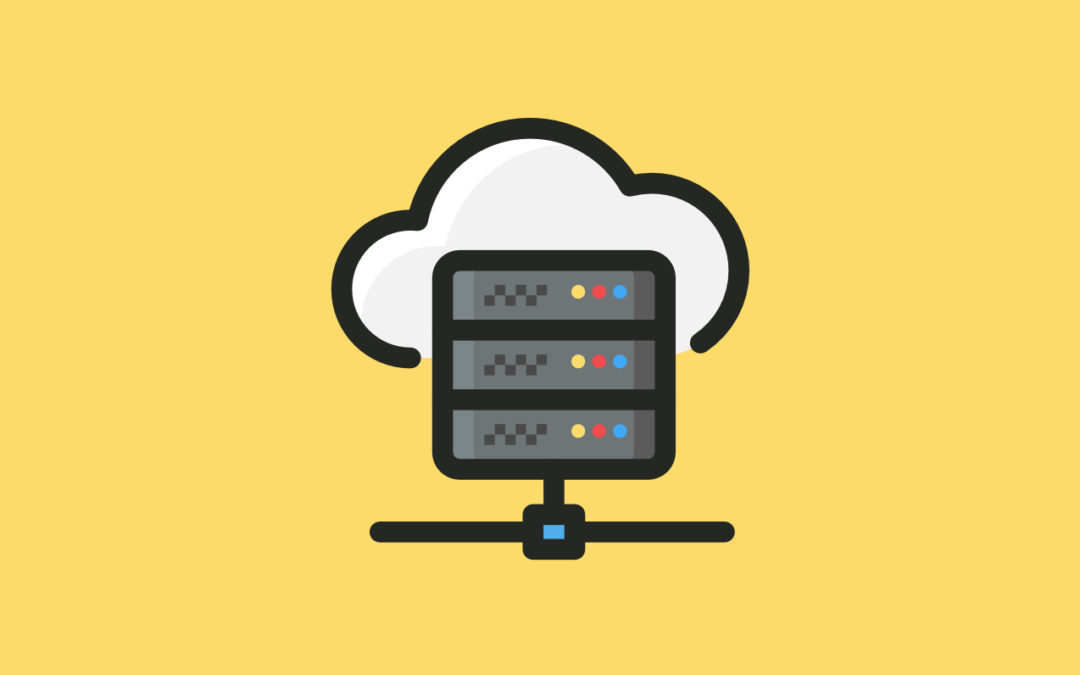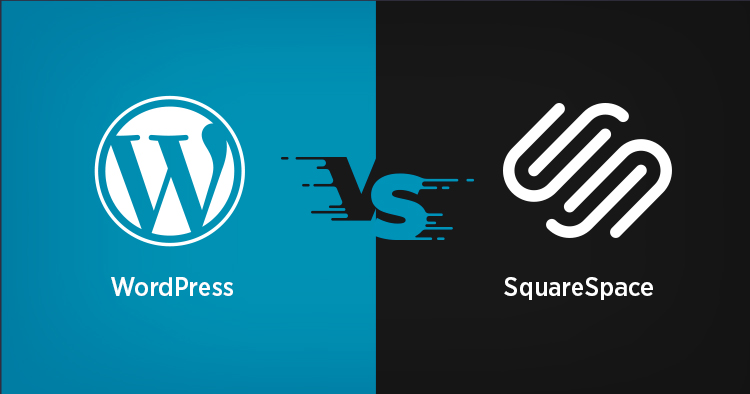Head-to-Head: WordPress and Webnode
When it comes to building websites, two popular platforms that experts often recommend are WordPress and Webnode. WordPress is a well-known platform that powers a large portion of all sites on the internet today, while Webnode is a simple yet remarkable platform for developing websites.
Both of these options are ideal whether you want to create a new site or continue developing your current one. But there are differences that make one stand out from the other.
To help you decide which of them to choose, we’ve prepared a WordPress vs. Webnode comparison that details everything you need to know about these site-building choices.

WordPress Overview
WordPress is a popular content management system (CMS) that countless website builders around the world know. You can use the platform to start a wide range of projects and even set up advanced websites if needed.
Many people enjoy using WordPress because of its powerful tools and flexible integrations. The latter allows you to access a plugin directory where you can download third-party apps to expand the capabilities of your website.
WordPress was first introduced in 2003 and has since then become the top-performing website builder in the world.

Webnode Overview
On the other hand, Webnode is a cloud website builder that people can use for personal or business needs. Although beginners may feel overwhelmed at first when using the platform, it does become easy to use once you get to know about its features.
Webnode is known for providing a wide range of design options for users as well as customization tools. All these features help ensure that the site-building process goes as smoothly and efficiently as possible.
The site builder was launched in 2008 and is being used today by many people all over the world.
WordPress and Webnode: How Easy is Each to Use?
WordPress lets both beginners and experts use the platform to achieve a wide range of goals. Newbies will find that the WordPress.com blog builder is easier since its setup is quite direct and its learning curve significantly smaller.
Meanwhile, experienced developers will see that WordPress has all of the tools they need to create complex websites. Selecting the self-hosted installation of the platform allows users to gain full control of how they develop their pages.
Webnode is great for beginners who haven’t used a website builder in their life. This is primarily thanks to their drag-and-drop feature that lets you easily add elements to a pre-made template.
WordPress and Webnode are ideal for people new to site-building, but the latter will be easier to work with for total newbies.
WordPress and Webnode: What About Customization?
In terms of customizability, the basic themes from WordPress are mostly limited with regards to what you can do with them. This is understandable since many of them are free and are designed to give users an idea of what their website will look like.
The good news is that the premium themes allow for self-hosted sites on the platform to open up more options for developers to extend a site’s capabilities. Plugin integrations can be added to further customize what you can do on your site.
As for Webnode, you can choose from basic site themes and paid ones that are quite affordable. The platform leans more towards catering to e-commerce merchants and allows customizations to improve their storefronts as much as possible.
In the WordPress vs Webnode debate, WordPress wins in terms of customization since it offers plugins that can let users increase their sites’ functionalities as needed.
WordPress and Webnode: Comparing Their Templates
WordPress lets you access thousands of free and paid themes that allow you to create a unique website to match your target market. You can filter premium themes based on your budget or simply choose one of the many free options available. There’s also a core software program available on the WordPress platform that lets you make changes on things such as layouts, fonts, colors, and titles.
If you have coding experience, WordPress allows you to edit the CSS file for more in-depth customization as well.
For Webnode, you can access more than a hundred pre-built themes for your e-commerce site. The great thing about these templates is that you don’t need to code to get them to work as they are already operational out of the box.
The templates for Webnode are quite customizable as well but lack the sophistication that comes with WordPress.
WordPress and Webnode: Options for Publishing Content
WordPress was initially made as a platform for publishing blog content. Eventually, it turned into the top content management system in the world, yet it still holds publishing in its heart.
People enjoy using WordPress because of its publishing features and editors for building their own unique posts and pages. Publishing content on WordPress lets you assign specific tags and categories, schedule a time for it to go live, and optimize the post for search engines.
Publishing on Webnode is quite straightforward. This is because you can do it directly from the dashboard. People can customize each post or page directly through the user interface and put them out as live whenever they want.
The main advantage that WordPress has over Webnode in terms of publishing is that the former has RSS feed capabilities. This means that WordPress users can further categorize their content for search engine optimization (SEO) and reach higher rankings faster.
Conclusion
WordPress and Webnode are two of the top platforms with regards to developing a website. Both of these options offer numerous features that will allow users to create unique websites and pages.
In summary, WordPress is the more versatile choice because of its in-depth customization and capabilities for publishing content. The platform is also ideal for both newbies and veterans in website building.
However, this doesn’t mean that Webnode is an inferior product. This platform is an amazing option for e-commerce merchants who want to develop elegant and beautiful landing pages to drive customers to their offerings.
Choosing between WordPress vs. Webnode will only be a matter of preference for a person who wants to develop their own website.







0 Comments